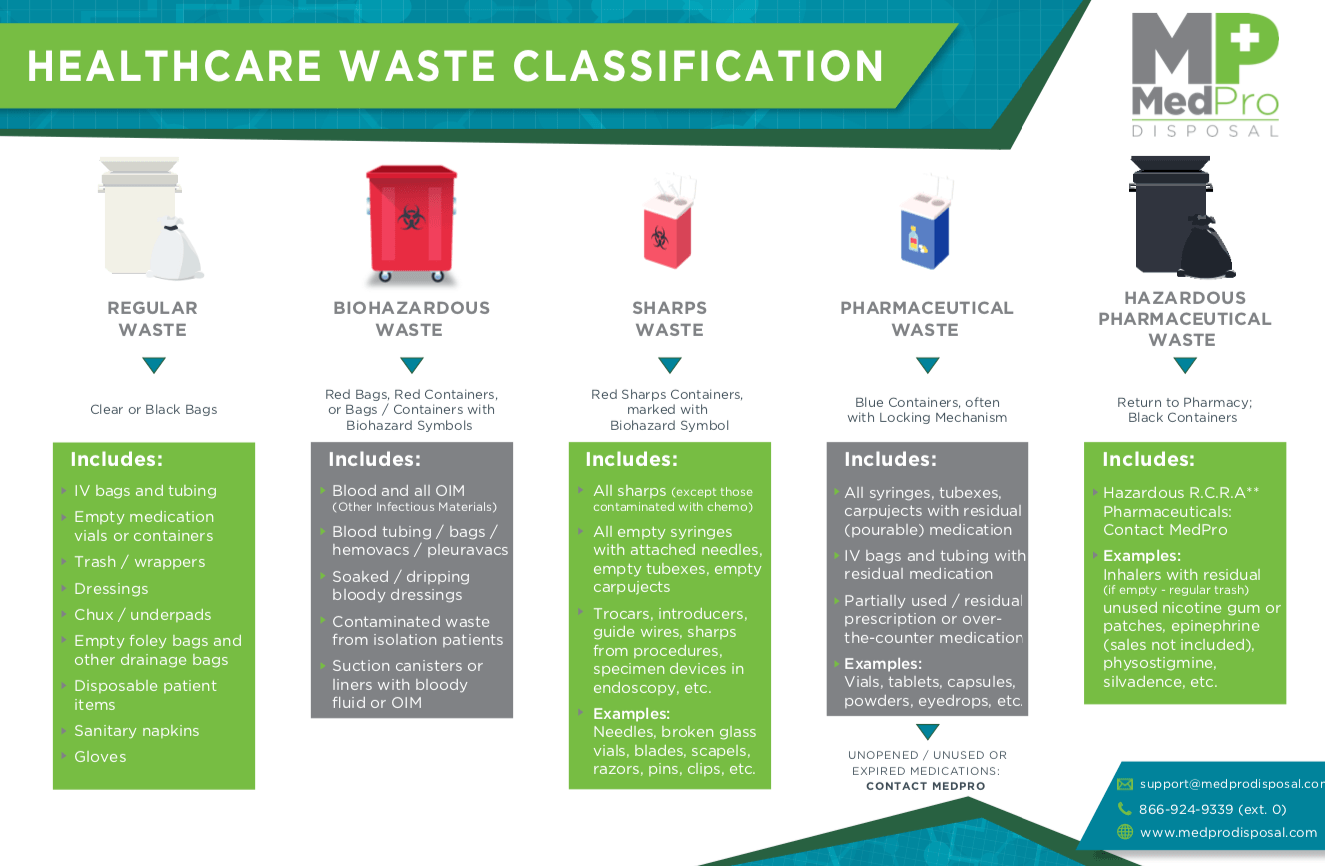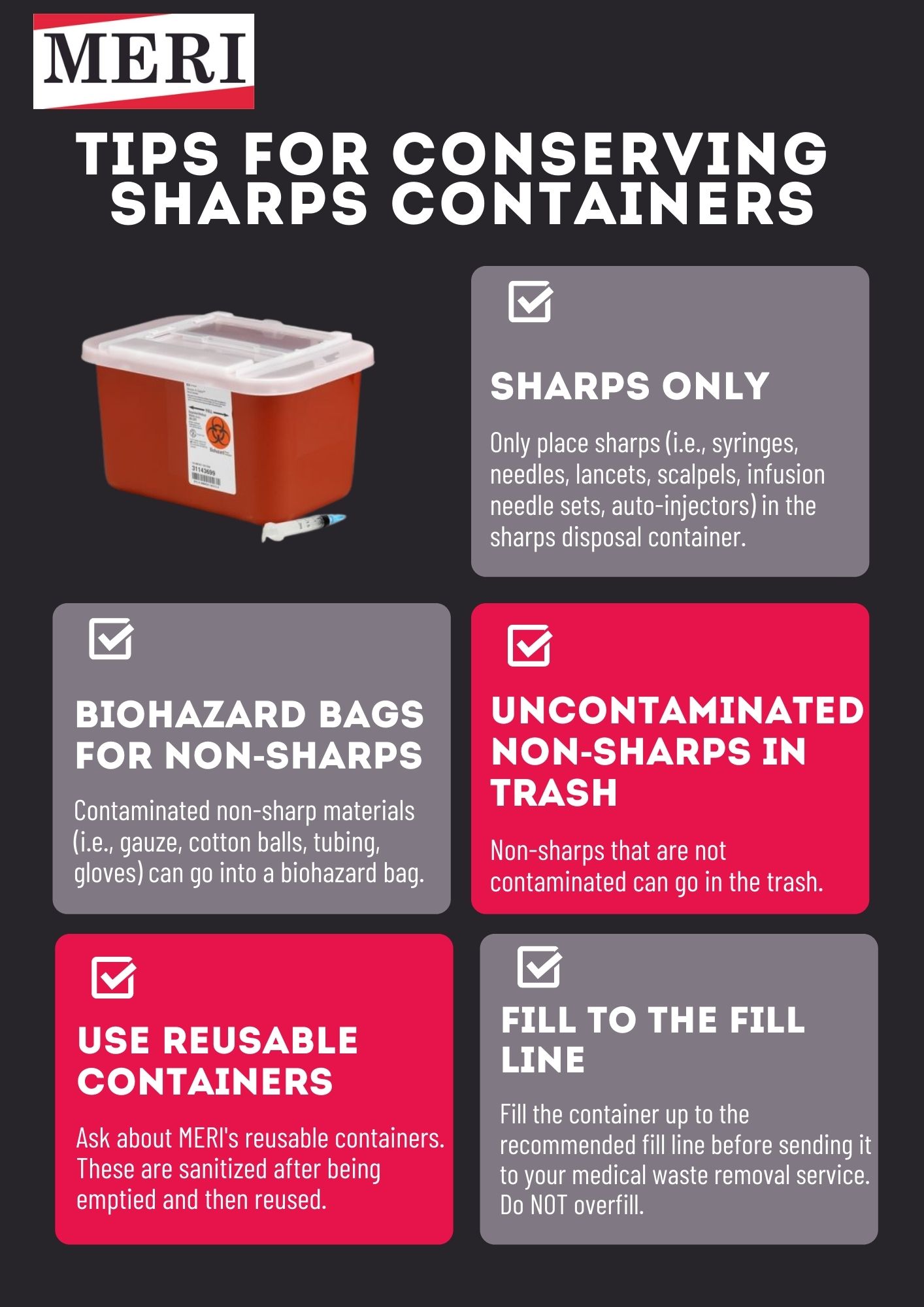The Value of Appropriate Waste Disposal Practices
From the effects of improper waste disposal on our setting to the long-lasting effects for future generations, the importance of embracing sustainable waste management practices can not be overemphasized. By checking out the ecological effect of untrustworthy waste disposal, the advantages of recycling initiatives, and the significance of neighborhood involvement in waste reduction efforts, a deeper understanding of why appropriate waste disposal methods are essential emerges.
Ecological Impact of Improper Disposal
Inappropriate disposal of waste poses a substantial hazard to the setting due to its damaging results on environments and human health and wellness. When waste is not effectively managed, it can result in air pollution of the water, soil, and air, triggering harm to various plant and animal varieties. click here. Chemicals and toxins from improperly disposed waste can permeate into the ground, infecting groundwater resources and impacting the health and wellness of both wildlife and people
Additionally, the buildup of waste in garbage dumps generates greenhouse gases like methane, adding to environment change and global warming. Incorrect disposal techniques likewise result in littering, which not only weakens the aesthetic value of the setting however can additionally harm wild animals with intake or complexity.
To reduce these ecological influences, it is important for people and neighborhoods to take on proper waste disposal techniques such as reusing, composting, and liable unsafe waste disposal. By taking these steps, we can aid protect ecosystems, maintain natural resources, and protect human health and wellness for existing and future generations.
Advantages of Recycling Programs
Regularly joining recycling programs supplies many advantages for both the environment and culture all at once. One of the crucial benefits of recycling is the preservation of natural deposits. By recycling materials such as paper, glass, plastic, and steel, much less basic materials need to be removed from the planet, bring about reduced deforestation, mining, and drilling activities. This conservation of sources not only assists in preserving ecological balance yet additionally adds to lasting advancement.
Moreover, recycling plays a critical role in minimizing power intake and greenhouse gas exhausts. The production of products from recycled products generally needs much less energy compared to manufacturing from virgin sources - medical waste removal. Because of this, the carbon footprint connected with the production procedure is substantially lowered, assisting in the battle versus climate modification
In addition, reusing programs develop job opportunities in the recycling market, promoting financial growth and social well-being. By encouraging the recycling and reuse of products, these programs sustain a circular economy that decreases waste generation and makes the most of resource performance, eventually leading to a cleaner, greener future for generations ahead.
Hazardous Waste Administration Guidelines
Carrying out reliable harmful waste administration guidelines is critical for minimizing ecological and wellness threats connected with the inappropriate disposal of dangerous products - click here. Proper handling, treatment, and disposal of harmful waste are necessary to avoid contamination of soil, water resources, and air
One key standard appertains labeling of hazardous waste containers to ensure risk-free handling and transport. Furthermore, facilities should adhere to stringent storage space demands to stop leaks, spills, or crashes that can threaten human health and wellness and the atmosphere. Routine training programs for staff members on dangerous waste monitoring techniques are additionally vital to make sure compliance with regulations and promote a society of safety.
Additionally, contaminated materials ought to be set apart based upon its residential properties to protect against chain reactions that could lead to hazardous scenarios. Implementing an extensive waste radar can aid monitor the activity of unsafe materials from generation to disposal, making certain transparency and accountability. By complying with these standards diligently, markets and organizations can add to a safer and cleaner atmosphere for future and present generations.
Area Participation in Waste Reduction
To efficiently deal with the ecological and wellness risks connected with unsafe waste monitoring, involving the area in waste decrease initiatives is paramount. Neighborhood involvement plays a critical role in advertising lasting waste management techniques and promoting a society of ecological duty. By educating locals regarding appropriate waste partition, reusing, and composting techniques, areas can dramatically visit here lower the quantity of waste sent out to landfills, thereby decreasing environmental contamination and preserving natural deposits.
Community participation in waste decrease programs additionally helps in raising recognition regarding the significance of waste minimization and motivates people to embrace eco-friendly habits in their lives - medical waste removal service. Collaborative efforts in between neighborhood authorities, waste management companies, and area members can result in the implementation of effective waste decrease techniques customized to the particular requirements of each community or town
Furthermore, community interaction fosters a feeling of ownership and responsibility amongst citizens, encouraging them to take aggressive steps towards reducing waste generation and promoting a cleaner, healthier setting for future and existing generations. By functioning with each other in the direction of typical waste reduction objectives, neighborhoods can make a substantial influence on alleviating the damaging impacts of inappropriate waste disposal methods.

Future of Sustainable Waste Practices
Standard waste disposal methods, such as landfilling and incineration, are no much longer lasting in the lengthy term due to their substantial environmental impacts. Moving ahead, the future of sustainable waste techniques exists in embracing a round economic situation method, where resources are reused, recycled, or repurposed to decrease waste generation.
Technological technologies play an essential function fit the future of sustainable waste techniques. Advanced waste sorting and recycling modern technologies can assist enhance the effectiveness of waste monitoring processes, enabling the recuperation of beneficial sources from waste streams. In addition, the fostering of naturally degradable materials and composting techniques can help in reducing the amount of natural waste ending up in landfills, therefore reducing greenhouse gas exhausts.
In addition, promoting consumer recognition and education on correct waste segregation and disposal methods is essential for driving behavioral adjustment towards sustainability. By cultivating a society of waste decrease, recycling, and reuse, neighborhoods can jointly add to a cleaner and much healthier setting for future generations.

Conclusion
In verdict, correct garbage disposal methods are important for decreasing ecological influence and advertising sustainability. By executing reusing programs, handling contaminated materials correctly, and motivating neighborhood involvement in waste reduction efforts, we can function towards a cleaner and much healthier environment. It is essential for businesses, individuals, and federal governments to focus on sustainable waste techniques for the future well-being of our earth.

From the repercussions of incorrect waste disposal on our atmosphere to the lasting effects for future generations, the importance of adopting lasting waste monitoring practices can not be overemphasized. By discovering the ecological influence of irresponsible waste disposal, the benefits of recycling efforts, and the value of neighborhood engagement in waste reduction efforts, a much deeper understanding of why proper waste disposal techniques are vital emerges.
By educating residents concerning correct waste partition, reusing, and composting methods, neighborhoods can dramatically lower the quantity of waste sent out to landfills, consequently lessening ecological pollution and preserving natural resources. (click here)
Moving forward, the future of sustainable waste techniques exists in embracing a round economic climate technique, where sources are reused, reused, or repurposed to lessen waste generation.
Advanced waste sorting and reusing modern technologies can assist boost the efficiency of waste management procedures, permitting for the healing of valuable resources from waste streams.